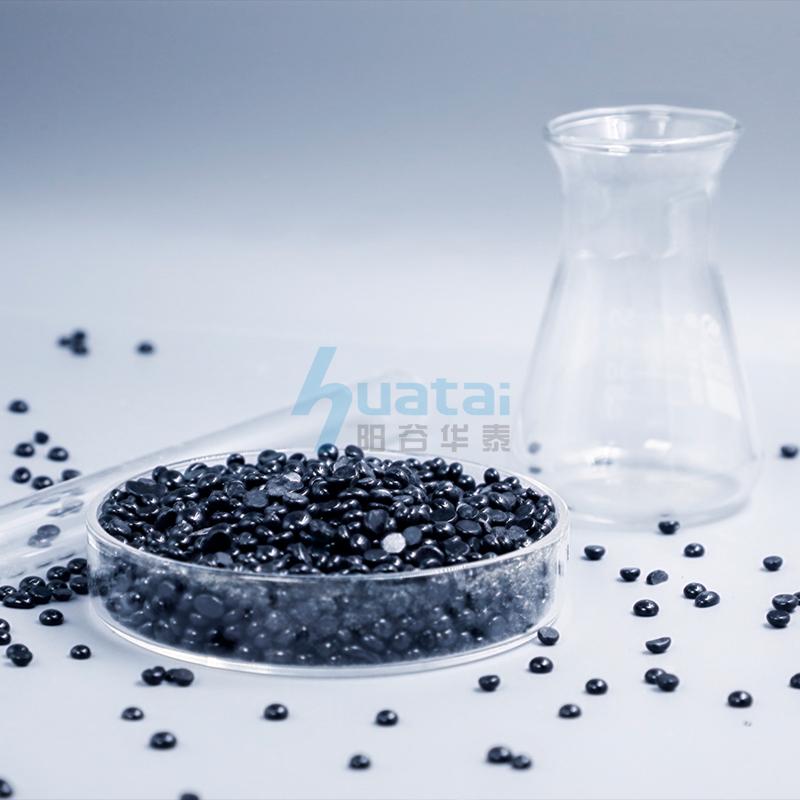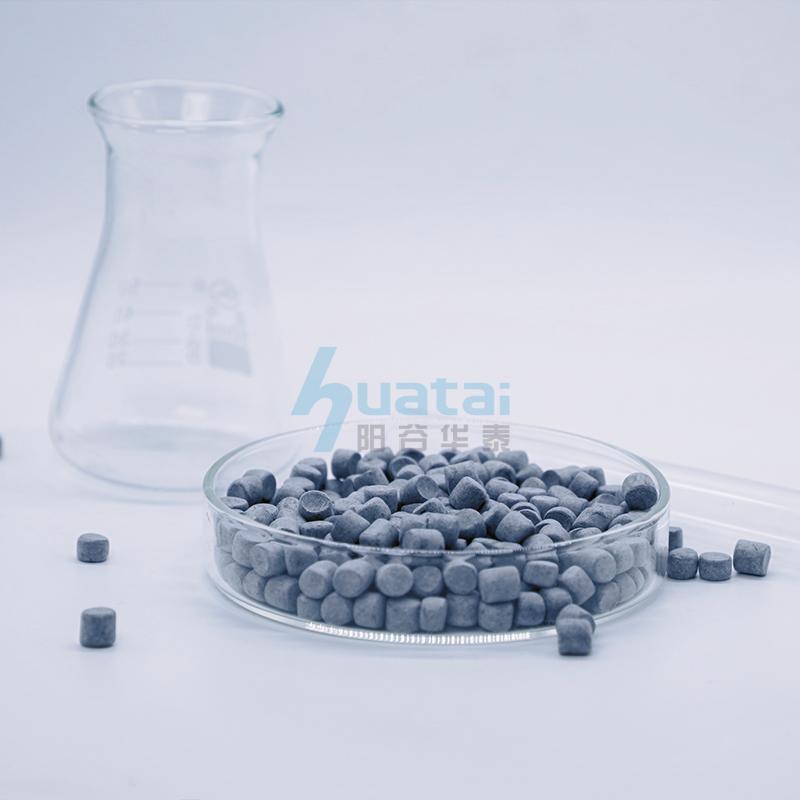- |
- AboutAbout HuataiЁЊЁЊShandong Yanggu Huatai Chemical Co., Ltd., located in Yanggu County, Shandong ProvinceЁЊthe hometown of the legendary hero Wu SongЁЊis a leading global supplier of rubber additives, essential chemical materials for tire manufacturing.
- |
- IndustryHuatai IndustryЁЊЁЊWe have the National Rubber Additive Engineering Technology Research Center, with over 200 scientific researchers, 5 PhDs, and more than 20 graduate students.
- |
- NewsNews CenterЁЊЁЊThe updates of Yanggu Huatai Chemical that you are following are all here
- |
- SustainableSustainable DevelopmentЁЊЁЊOur company voluntarily adheres to the "Responsible Global Care Charter" and the "SusChem" initiative for sustainable chemistry
- |
- ProductsProduct CenterЁЊЁЊMainly including standard rubber chemicals, pre dispersed rubber chemicals, insoluble sulfur, processing aids, silane coupling agents, protective wax, resins and other products.
- |
- Investor RelationsInvestor RelationsЁЊЁЊThe company adheres to the mission of "serving the world rubber industry and supporting the green development of the rubber industry".
- |
- HRHRЁЊЁЊAdhere to the people-oriented approach to human resource development and management, and promote the corporate spirit of "Huatai people, making quality products".
- |
- Product characteristics
- Product Application
- Product model
Bio-based adhesive properties.
In the field of rubber or products, it can partially/completely replace resorcinol and mesitylene adhesive resin, and it can react with methylene donor to form a resinous crosslinking network, which can improve the adhesion between rubber and steel wire, cord, nylon and other skeleton materials.
Properties of bio-based reinforcing resins.
It is mainly used for tread and bead parts which require high rigidity and hardness; reinforcing resin is also widely used in rubber products industry, such as synchronous belts, rubber and plastic parts, seals, rubber springs, vibration damping cushioning materials and so on.
Properties of bio-based tear-resistant resins.
With high bio-based content, it can partially or completely replace petroleum-based resins in equal quantities. At the same time, it has good compatibility with rubber, can effectively increase the viscosity of the rubber material, improve the processing performance, and has good performance in both natural rubber and synthetic rubber.
- Website QR code
БэЕЅ1
Name
Tel
Email
?2025 Shandong Yanggu Huatai Chemical Co., Ltd. Copyright
Powered by:ОЉКшдЦТГICPБИ09064971КХ-1


